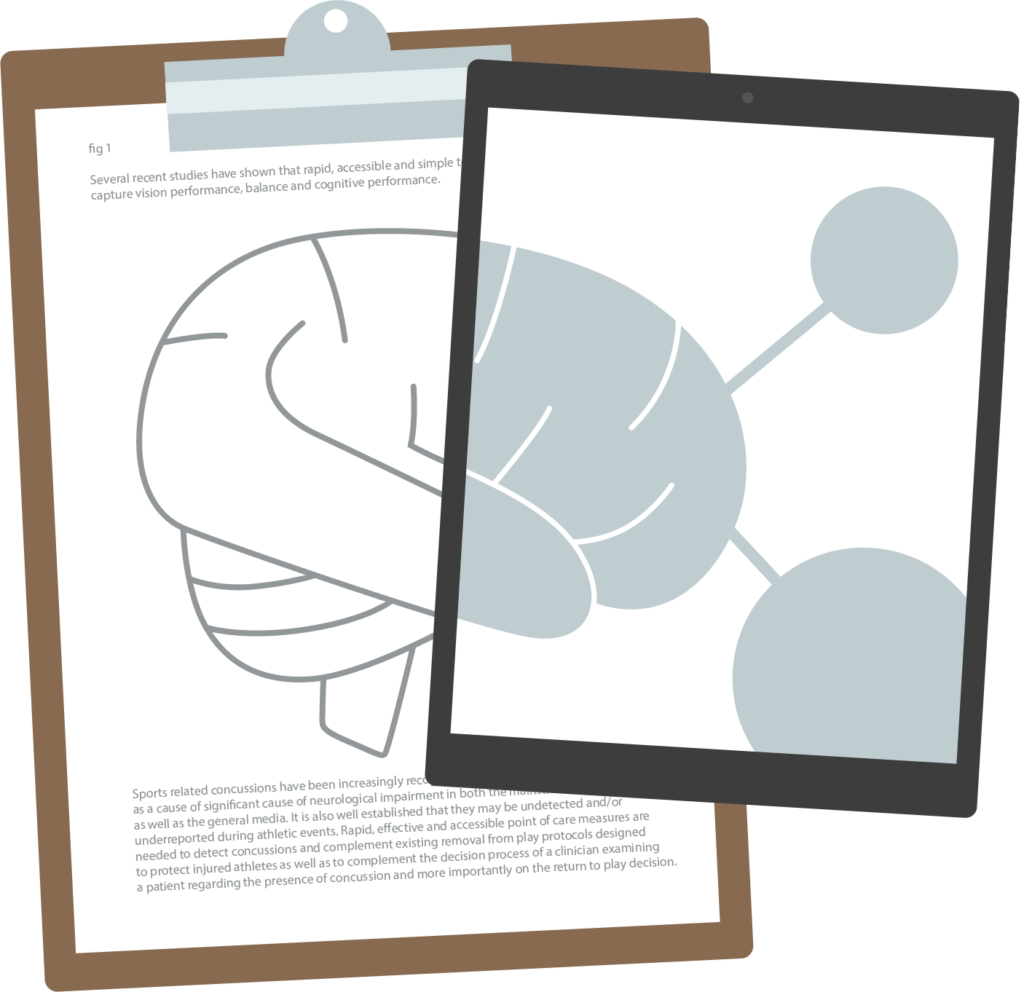
EQ initially evolved as a series of concepts in the minds of the founders in response to what they saw as challenges within the current status quo of functional neurologic assessment.
During the last decade, the scientific understanding of human brain function shifted dramatically from a perceived static functioning organ to one that was, in fact, dynamic and capable of daily change. However, the assessment of brain function remained ‘dated’. The assessment of neurologic function continued to focus on “snapshot” assessments. This lack of development in assessment failed to match the rapid evolution in the understanding of function.
EQ sought to address this gap and to do so capitalizing on another evolving trend; the prevalence of mobile medical technology and game culture. EQ was developed as a means of measuring neurological function in a manner that is clinically relevant, scientifically accurate and technologically contemporary. The data that EQ captures and presents provides a clinical perspective of the user that is a ‘movie’; a movie of the function of the mercurial organ that is the human brain.
The founders identified challenge and opportunity, and it is this opportunity that is the heart of true innovation.
The EQ Balance test evaluates the vestibular (inner ear) and proprioceptive (ankle, knee, hip) system and the circuits connecting these areas. The balance system is affected in a variety of medical conditions and is of critical concern in sport, work, and of course aging.
EQ utilizes the internal accelerometer in mobile devices (phone/tablet) to measure the subject’s movement of the center of mass (COM) while performing stances in three different positions with the eyes closed.
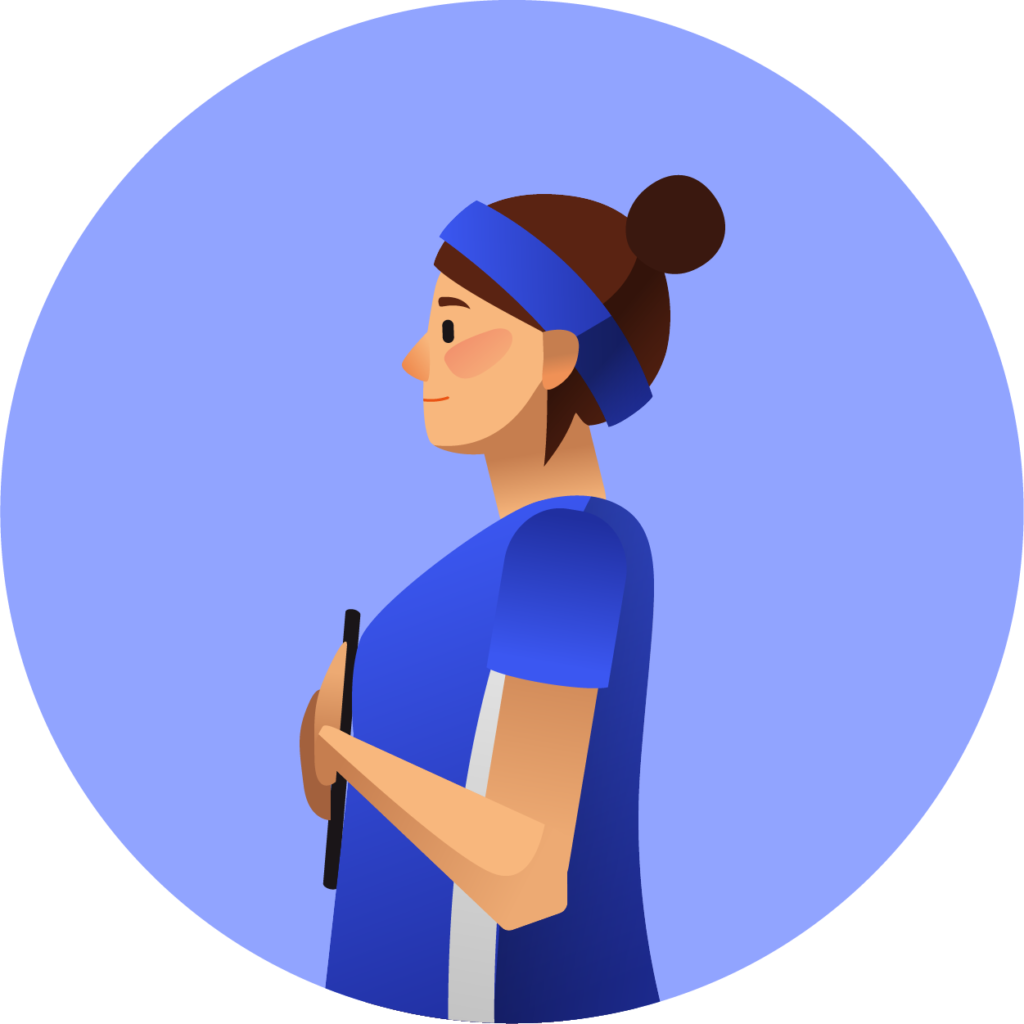
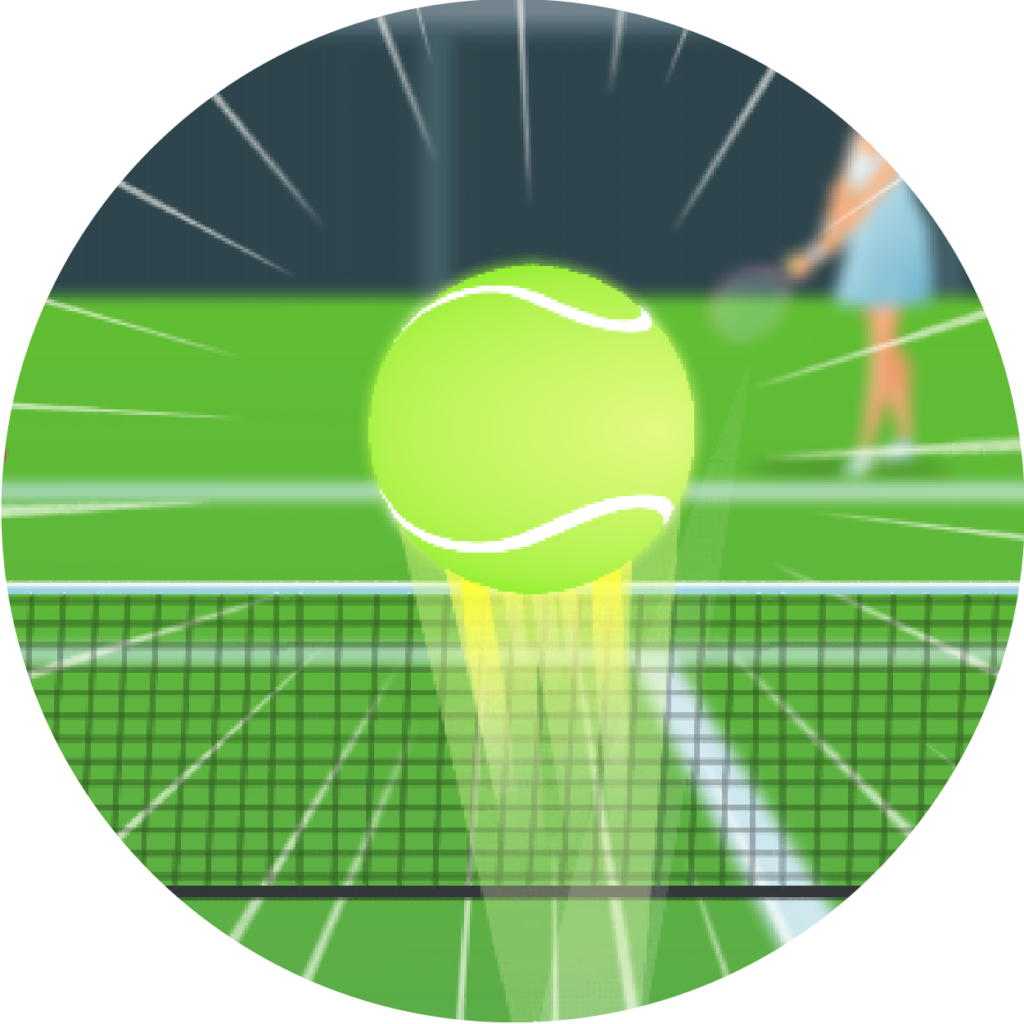
Functional visual assessment evaluates large aspects of the geography of the brain with some aspects located in the frontal, parietal and brainstem movement centers. These systems represent 50% of the brain’s pathways and are frequently affected by a variety of conditions that are of critical concern in traumatic brain injury, sport performance and visually demanding occupations. In addition, since the visual system is present in so much of the brain’s geography, it is sensitive to deteriorations in overall processing speed as is seen in many age-related neurologic conditions.
The EQ visual test, utilizing a phone/tablet, is a timed, rapid tactile indication of arrow direction designed to capture eye movements in saccades as well as vergence and other aspects of vision and visual information processing.
EQ evaluates elements of executive function, letter and number recognition, mental flexibility, and reaction time utilizing variations of established clinical assessments.
EQ cognitive testing provides scoring in each of the above cognitive metrics utilizing just the mobile device.
Find out more at highmark.tech/science
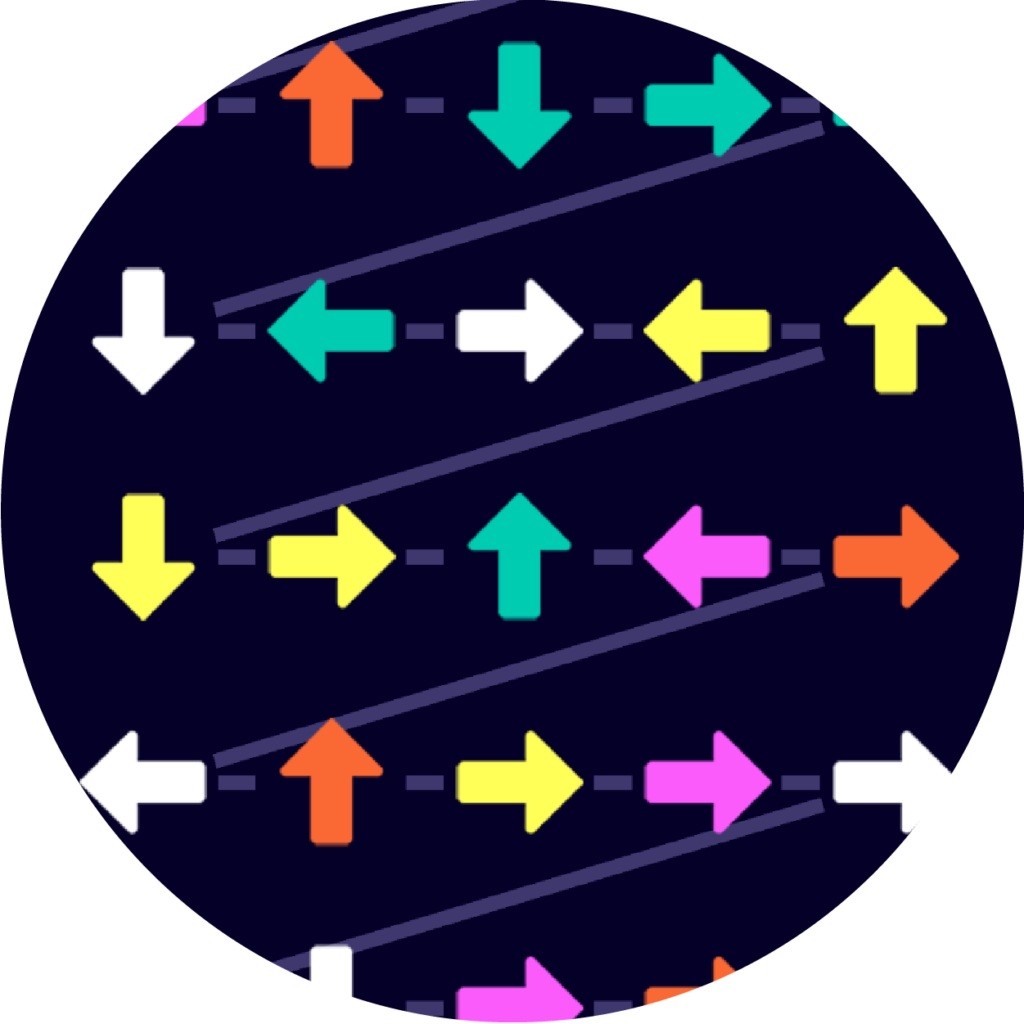
Typical symptoms that are reported following concussion include headache, dizziness, visual difficulties, nausea, difficulty concentrating, difficulty with memory, neck pain and feeling like in a fog. These symptoms may be caused by a variety of different sources, thus a multifaceted assessment to evaluate numerous different systems is recommended. EQ contains seven tests that measure key brain health metrics relevant to concussion.
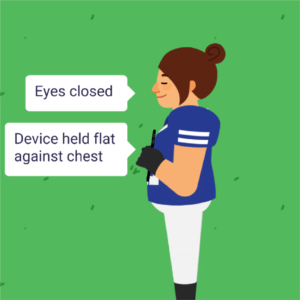 Clinical trajectory: Balance
Clinical trajectory: Balance
Neurological function: Vestibular & proprioception
Game name: Tire Toss
This test measures vestibular and proprioceptive function (balance and reflexes). These functions are often affected when someone suffers a concussion, and can also be affected by nausea, headache, orthopedic injury, ear infection, medications, dehydration and lack of sleep. Dizziness and postural instability have been reported in 40% to 50% of children after concussion and acute dizziness and imbalance have been correlated with a prolonged concussive recovery in young athletes.
The balance score is measured as the cumulative movement of the player’s center-of-mass during each test, then averaged across the five tests for the final performance score (out of 100).
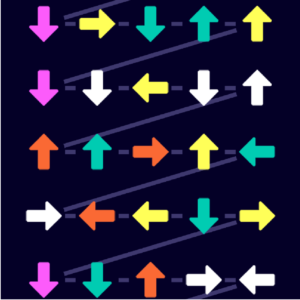 Clinical trajectory: Visual
Clinical trajectory: Visual
Neurological function: Binocular Vision and Visual processing
Game name: Dance Off
This task requires rapid visual processing and eye movement control, as well as sensorimotor control and coordination. The visual system can be affected by headache, stress, anxiety and lack of sleep and is often affected when someone suffers a concussion.
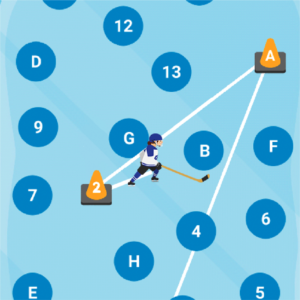 Clinical trajectory: Cognitive
Clinical trajectory: Cognitive
Neurological function: Executive function
Game name: Pylon Pivot
This test measures multiple processes, often referred to collectively as ‘executive function’, including attention, visual scanning, sequencing and shifting, psychomotor speed, flexibility, planning, and maintaining two trains of thought. These functions are often affected by concussion and can also be impacted by headache, fatigue, stress, anxiety and lack of sleep. The cognitive function of athletes after concussion is now commonly used to determine suitability to return to play and to inform rehabilitation strategies.
 Clinical trajectory: Cognitive
Clinical trajectory: Cognitive
Neurological function: Verbal memory – immediate recognition
Game name: Recipe Recall
This test measures the ability to recognize the difference between previously-seen words vs. novel words, often referred to as ‘immediate memory discriminability’. This function is often affected when someone suffers a concussion, and can also be affected by headache, fatigue, stress, anxiety and lack of sleep.
 Clinical trajectory: Cognitive
Clinical trajectory: Cognitive
Neurological function: Verbal memory – delayed recognition
Game name: Recipe Recall with delay
This test measures delayed memory. These functions are often affected when someone suffers a concussion, and can also be affected by headache, fatigue, stress, anxiety and lack of sleep. A recent study has found that results of this test correlate highly with the Standardized Assessment of Concussion (manuscript under review).
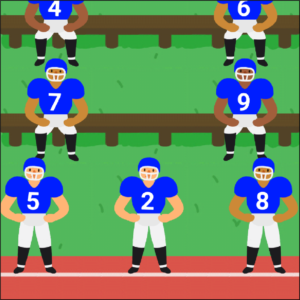 Clinical trajectory: Cognitive
Clinical trajectory: Cognitive
Neurological function: Working memory and attention
Game name: Jersey Reversey
This test measures attention and working memory. These functions are often affected when someone suffers a concussion, and can also be affected by headache, fatigue, stress, anxiety and lack of sleep.
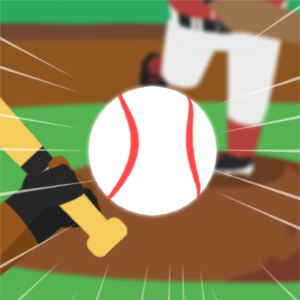
Clinical trajectory: Cognitive
Neurological function: Reaction
Game name: Fastball
This test measures reaction time. These functions are often affected when someone suffers a concussion, and can also be affected by stress, anxiety and lack of sleep. Research has found that 75% of athletes have reduced reaction time within 48h of a concussion.
Copyright © 2025 Cobblestone Medicine and Rehab. All rights Reserved.
Clarity Marketing & Design